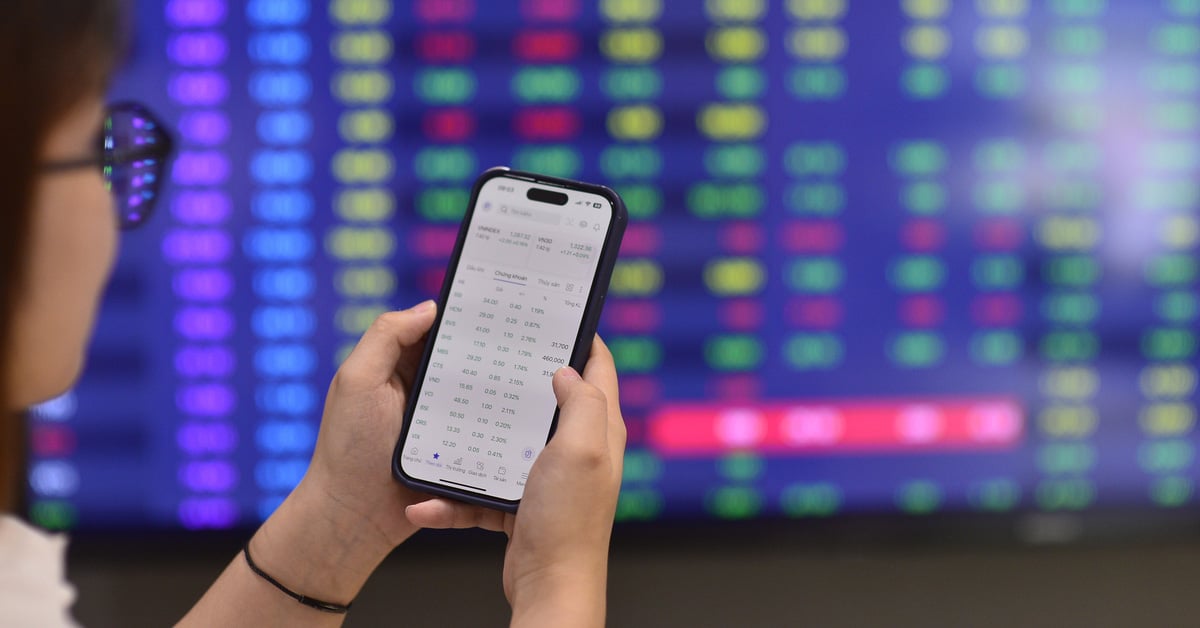The world's largest economy is on solid footing heading into the new year, whether it's inflation, unemployment or wage growth.
In 2022, many feared that 2023 would be the year the US would fall into recession. However, the economy has been more vibrant than expected. The US is heading towards a "soft landing" that many once thought was impossible.
On CNN , Justin Wolfers - Professor at the University of Michigan commented that the economy not only avoided recession, but also overcame the impact of the Russia - Ukraine conflict, oil price shock, political disagreements and a series of other problems.
The International Monetary Fund (IMF) in October 2023 forecast the US to grow by 1.5% in 2024. The Organization for Economic Cooperation and Development (OECD) also made similar estimates. That is twice as fast as the UK and far ahead of the eurozone.
The US economy still faces many risks and challenges, from conflicts in the Middle East, this year's presidential election, to the problem of expensive housing. However, experts say there are many reasons to be optimistic about this economy in 2024.
Inflation cools down
Inflation in the US hit a 40-year high in June 2022. At that time, few people thought prices could cool as quickly as they have now. The consumer price index (CPI) in November 2023 increased by only 3.1%, down sharply from 9.1% in mid-2022.
In November, the personal consumption expenditures (PCE) price index - the Federal Reserve's preferred inflation measure - also fell for the first time since mid-2020. Both food and energy prices here fell.

People shop at a market in New York City (USA). Photo: Reuters
Lower inflation will help households’ disposable incomes grow, bolstering consumption and economic growth. The figure is approaching the Fed’s 2% target and is forecast to hit that mark by the end of next year.
As inflation slows, the Fed also stops raising interest rates to avoid derailing the economy and worrying investors. At its latest policy meeting, Fed officials forecast at least three rate cuts next year.
However, according to the CME FedWatch interest rate tracker, the market currently sees an 89% chance of a Fed rate cut starting in March 2024. The total rate cut next year could be around 158 basis points (1.58%). The reduction in the reference rate will drag down many other interest rates, from auto loans to home loans to credit card interest rates.
Stocks boom
Cooling inflation, easing recession fears, and expectations of lower interest rates have helped push U.S. stocks higher in the final two months of the year. The S&P 500 Index has risen for nine consecutive weeks - the longest streak since 2004. The Nasdaq Composite Index has risen 43%.
The stock market does not always reflect the state of the real economy. However, in this case, Wall Street has shown optimism about the US economy, especially on inflation and the possibility of a soft landing. Both of these are good for both people and investors.
Strong job market
Despite the Fed's aggressive rate hikes, the U.S. unemployment rate remains at a 50-year low of 3.7%. Initial jobless claims are at a record low of 218,000, a sign that many businesses are reluctant to lay off workers.
If this trend continues, consumption will be supported. Consumption is currently the main driving force of the US economy.
"As long as unemployment remains at record lows, the economy will be fine," said Mark Zandi, chief economist at Moody's Analytics.
Income increase
In the wake of Covid-19, prices rose faster than incomes, causing Americans' real incomes to shrink. However, that trend has recently changed.
Reuters cited official data showing that hourly wages in the US rose 4% in November compared to the previous year, a slight slowdown but still above the 3% rate that officials consider consistent with their 2% inflation target. Observers expect that over time, as inflation gradually declines, people's real incomes will improve.
In a speech at Spelman College early last month, Fed Chairman Jerome Powell said that people's pandemic savings may be running out, but rising wages will still support consumption.
“As long as unemployment remains low, and wages rise faster than inflation, there is no reason why consumer spending shouldn’t pick up,” Powell said.
Ha Thu (according to CNN, Reuters)
Source link




























































































Comment (0)